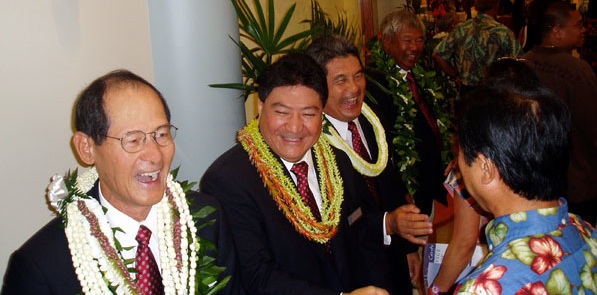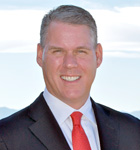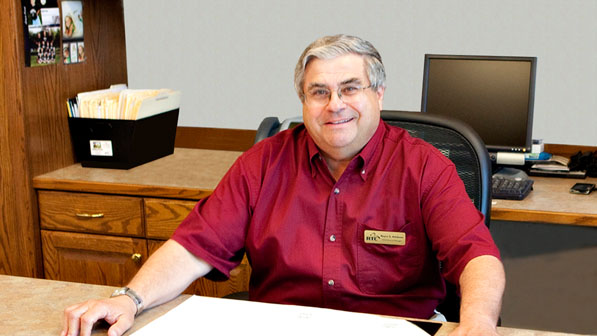While a majority of banks and credit unions say they have had no choice but to increase fees in response to the declining economy, Oahu, Hawaii-based Pearl Harbor Federal Credit Union (PHFCU) believes it has a responsibility to its customers. “When the recession started, we saw other financial institutions across the nation increase fees,” PHFCU president Eugene Y. T. Chang explains. “The people of Oahu, like the rest of our country, were experiencing layoffs and we felt it necessary to maintain our vision of providing members favorable interest rates, low-cost products, and minimal fees.”
In fact, the nonprofit credit union’s mission is the same as when it opened in 1937: protect the assets of the membership, maximize investments and loan programs, and provide consumer loans at favorable interest rates. “It is our mission to encourage thrift and promote savings,” Chang explains. “We are fortunate to be in a strong financial position where we can offer free services and very minimal fees.”
The financial institution provides convenient and affordable loans, savings accounts, and various financial products to its members on the island. Free services include debit MasterCard, money orders, coin-sorting and counter machine services, American Express Travelers Cheques, notary services, 24/7 online banking, online bill payment and check imaging, check cashing, no service fee/no minimum-balance checking, and no service fee/$5 minimum-deposit savings. Other benefits include discounts at local businesses and auto dealerships, new auto loans with terms up to eight years, fixed home-equity rates, and credit cards with a low APR and no annual fees.

And PHFCU’s service goes beyond just its clients. “[We have] always taken an active role in the community,” Chang says. “As we move forward into a very positive financial future, we are able to direct a portion of our attention to community philanthropic endeavors.”
The organization’s dedication is illustrated through its many partnerships with various charitable organizations and programs, including Toys for Tots, American Heart Association, Kapi’olani Children’s Miracle Network, Blood Bank of Hawaii, and The Hawaii Foodbank. “It is important to us that the community organizations we choose to partner with share the same philosophy of helping Hawaii’s people,” explains Wendy M.W. Bond, PHFCU marketing director.
The credit union’s current community partnerships are only the latest in a long line since it was founded. In the 1960s, PHFCU was congratulated by the US Social Security Administration for being the first financial institution in the region to make educational loans under the Higher Education Act of 1965. In the ’80s, the credit union reached $84 million in assets and over 20,000 members. It also began entering the market of second mortgages, planning for offsite branches, and gave members the convenience of accessing their accounts from home via telephone.
PHFCU has also shown generosity and dedication to the community during times of crisis. After September 11th, when military bases across the country began restricting access, including Pearl Harbor Naval Base, PHFCU wanted to make things easier on its customers. “The executive management and board of directors met and created an action plan, which included a commitment to build a new branch in central Oahu that would be convenient and accessible to all of the members on [the] island,” Bond explains.
This year, PHFCU made large contributions to the tsunami relief efforts in Japan with free international wire transfers and participated in Aloha for Japan, a state campaign to collect donations for Japan. “Many of Hawaii’s people had family members in Japan during the earthquake and tsunami,” says Neal Takase, vice president of operations and administration. “Since the tragedy, we have heard many stories of the complete devastation and personal losses that entire communities have suffered.”
PHFCU’s help also manifests itself through educational efforts. “We provide financial education to several local public and private schools, various military organizations, and nonprofits,” Bond says. “We are happy to see that the financial-literacy movement has finally picked up momentum, as we have strived to promote financial education in Hawaii for many years.”
Through these initiatives, PHFCU has built a reputation as one of the most stable and dependable credit unions in the state of Hawaii, and has now grown to approximately 27,000 members and $350 million in assets. Perhaps most impressively, as it nears its 75th anniversary this year, the organization holds the same values since it was established. “We strive to hire great people and provide excellent service,” Takase says. “We remain committed to providing exceptional financial products and services at an affordable cost to our members and owners, [because] we think of our members as family.”

